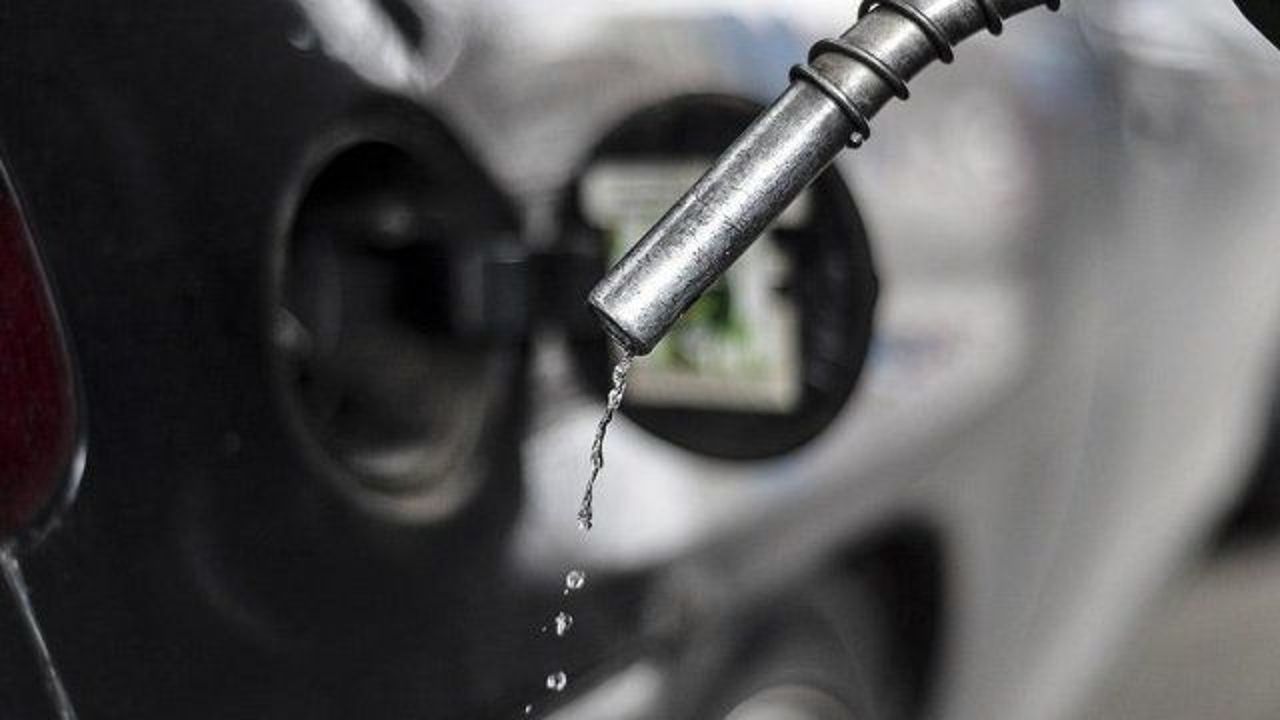Nigeria cuts gas price amid fuel subsidy confusion
Gasoline to sell at capped 'market price,' cutting down margins along the entire supply chain; fuel subsidy scrapped.

As the Nigerian government announced cuts in the price of gasoline, and the removal of fuel subsidies, industry experts wondered if the move would be sustainable.
The Nigerian Minister of State for Petroleum Emmanuel Kachikwu said late on Friday that the price of gas at the pump would be cut to N85 ($0.43) from N87 ($0.45) per liter, in a move that would bring the price into line with the market for the commodity -- the minister referred to a "pricing modulation," meaning that a price calculation would be based on all market factors including the current price of crude, importation cost and gain margins by importers.
"We have done a modulation calculation and it is showing that the price should be below N87. I imagine that if the Petroleum Products Pricing Regulatory Agency (PPRA) publishes the change today, it will become effective immediately. But Jan. 1 is the date we are looking at," the minister said.
The government will communicate the decision to industry marketers in the next few days, Kachikwu said.
The fuel subsidy regime, which cost the government about N1 trillion ($5 billion) in 2015, will be scrapped, the minister said.
According to the minister, the government's earnings are at an all-time low due to the dwindling price of crude, and so the government cannot continue to subsidize the price of gasoline.
"People will understand that the pricing modulation I was talking about is not a gimmick. It is for real. We have taken pains to find out how to set a price that reflects the reality of the crude market," he added.
The minister said that the subsidy regime was not working.
"We can’t even understand where those subsidies were going to. There are a lot of fraud elements in it so we need to cut that off," the minister said. The government had been paying about N22.42 ($0.12) per liter in subsidies to petrol distributors.
Experts say, however, that the price policy is not sustainable.
"To be honest, I doubt if this will work," Tunji Andrews, an economist, told Anadolu Agency on Monday.
"It seems the government wants to remove the subsidy, and at the same time, cap prices. This might work if the variables were fixed, but this is a commodity and all factors that get it to the final consumer are not fixed, so this creates a dilemma," Andrews said.
Andrew listed such factors as transportation costs, distribution costs, and dealers' expenses.
"Another worry is that Nigeria's gasoline industry operates an oligopoly, clearly seen in diesel and also in the way petrol becomes scarce in reaction to mere rumors. The government needs to completely open up and deregulate the sector, if it is serious about stimulating growth," Andrew pointed out.
Mukhtar Dan'Iyan, an influential local public affairs commentator, said the government intends to remove subsidies on petrol, reduce the cost, and pass on savings to the consumer, but that this policy would not be sustainable.
"The new N85 price at the pump means the government is determining profit margins along the supply chain, and pegging the wholesale price of petrol from foreign refineries. This is not practical," he told Anadolu Agency on Monday.
"No business operates at a loss, and if it costs more to buy the fuel then to sell the fuel, refineries won't sell it. If it costs more to transport the fuel than shippers are being paid, shippers won't ship. Once it gets to Nigeria, if it costs more to store the fuel, to distribute it and to sell it to the public via retail channels, the supply chain won't operate at the N85 price point, and will thus either not sell it or will simply keep selling it at fair market value, which to me seems to be in the N130 ($0.65) price range."
There is considerable confusion, Andrews noted, about what the subsidy actually covered, and whether its removal will raise costs beyond margins.
Should distributors refuse to sell petrol, claiming that they are selling at a loss, Nigerians risk seeing periods of scarcity as they have in the past.
Anadolu Agency







